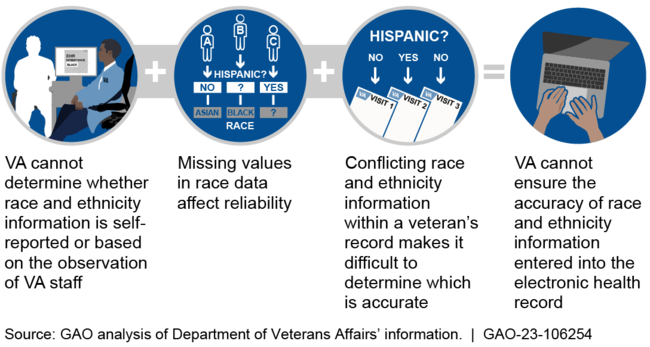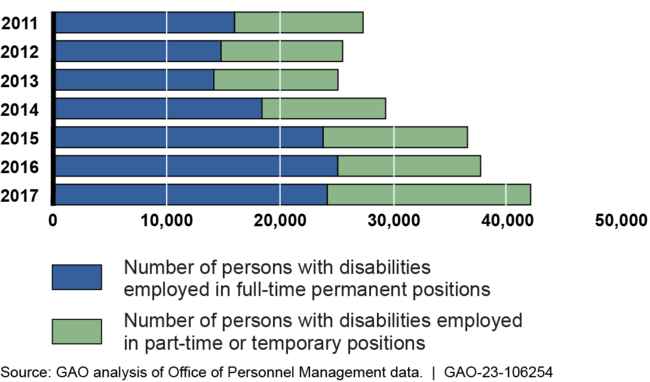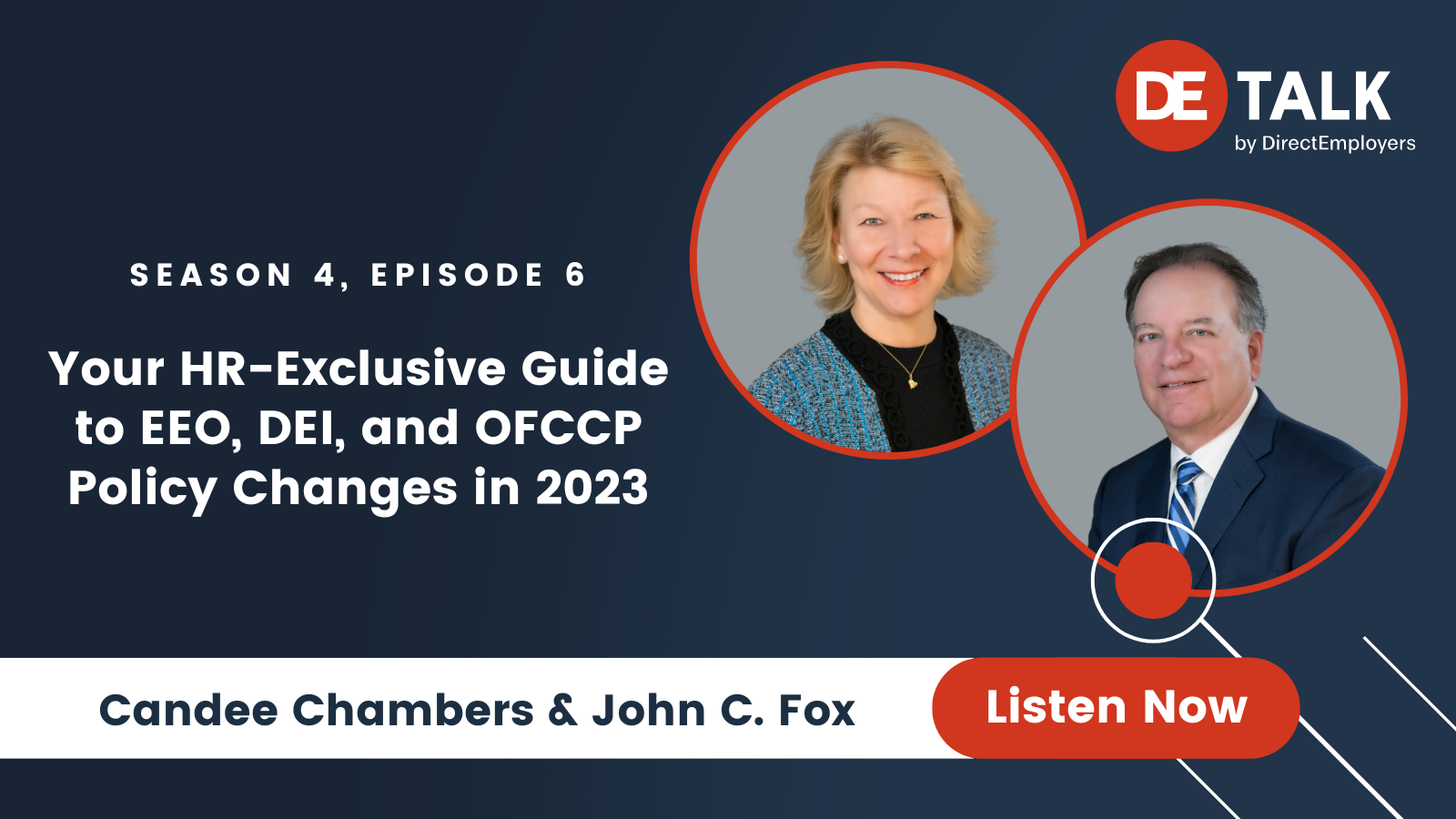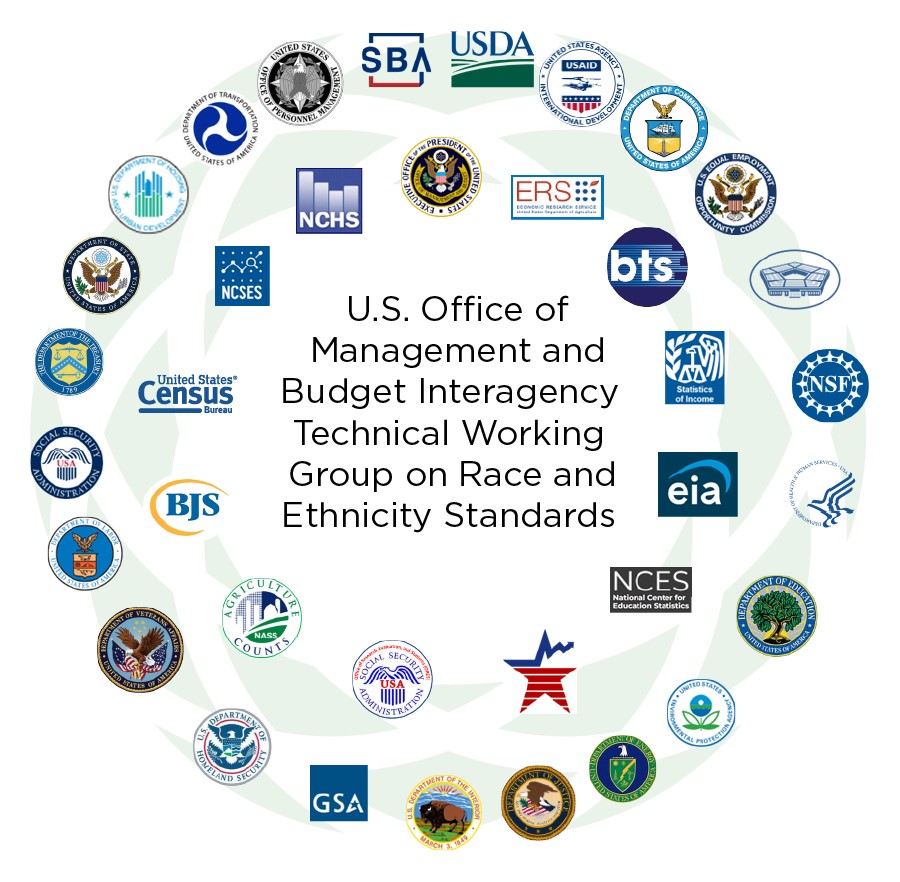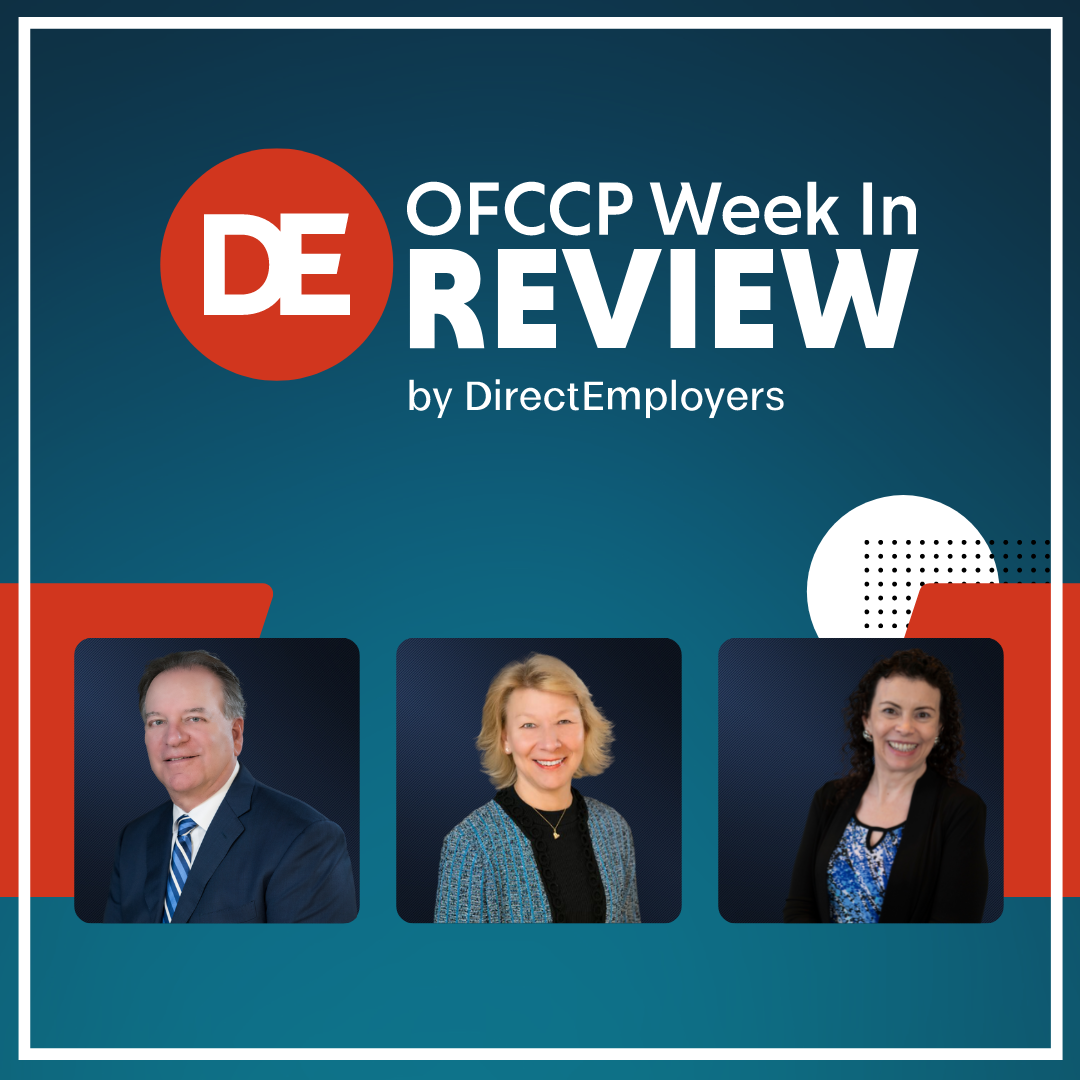
- U.S. GAO Published Report on Strengthening “DEIA” in the Federal Civilian Workforce
- Latest DE Talk Podcast Provided Your HR-Exclusive Guide to EEO, DEI, & OFCCP Policy Changes in 2023
- OMB Released Initial Proposals on Overhaul to Federal Race & Ethnicity Data Collections
- U.S. OSHA Adopted “Instance-by-Instance” Citations
- In Brief
- Looking Ahead: Upcoming Date Reminders
Tuesday, January 24, 2023: U.S. GAO Published Report on Strengthening “DEIA” in the Federal Civilian Workforce
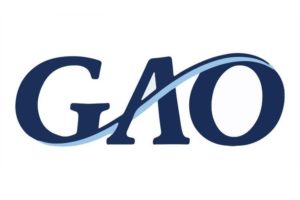
First, the GAO found that agencies had mixed success in increasing workforce diversity. For example, the Intelligence Community’s workforce saw increases in proportions of minorities, but did not meet federal availability benchmarks. Moreover, specific groups at the United States Agency for International Development were underrepresented in promotions. The GAO recommended that these agencies work to enhance accountability for DEIA workplace goals.
Second, the U.S. Department of State told the GAO it is planning to develop performance measures for DEIA-related goals and was taking additional steps to identify diversity issues that could indicate potential barriers within its workforce. The GAO recommended that the State Department establish performance measures for DEIA-related goals and develop processes to evaluate progress.
Third, the Department of Veterans Affairs (VA) researchers found that lesbian, gay, bisexual, and transgender (LGBT) veterans may experience higher rates of depression and more frequent thoughts of suicide. However, the GAO reported that the VA does not collect the necessary data to analyze the health of the LGBT veteran population. Also, VA medical centers are unable to readily identify and address disparities in health care outcomes by race and ethnicity due to data limitations. The GAO recommended that the VA consistently collect data to better assess health care outcomes. The VA is still working to address data issues with LGBT veterans and has improved racial and ethnicity data.
Graphic: Limitations with VA’s Race and Ethnicity Data
Fourth, the GAO found that while the pay gap between men and women in the federal Government is smaller than in the entire U.S. workforce, pay disparities still exist. The GAO also found that the Equal Employment Opportunity Commission’s (EEOC) analysis of agencies’ pay gap data and data on promotions by gender, race, and ethnicity was incomplete. The GAO recommended that EEOC assess the quality of the promotion data it collects and address data discrepancies, which recommendations EEOC has implemented.
Fifth, from FY 2016-2018, Federal Air Marshal Service (FAMS) employees filed at least 230 discrimination complaints. While FAMS adopted an action plan to address discrimination allegations, it did not fully implement the plan. The GAO recommended that FAMS reaffirm and strengthen efforts to prevent discrimination.
Sixth, the overall number of persons with disabilities hired by agencies increased between fiscal years 2011-2017. However, large numbers of persons with disabilities depart federal employment within 2 years. The reasons they do so are unclear because of a lack of data. The GAO recommended that the Office of Personnel Management (OPM) track and report additional retention data, a recommendation which OPM has implemented.
Graphic: The Number of Persons with Disabilities Hired by the Federal Government, Fiscal Years 2011 through 2017
Prior GAO Report Identified Nine DEIA Practices
The GAO snapshot also referred to its 47-page report in early 2005 that identified nine leading diversity management practices. Explanations and examples of these practices as implemented in various federal agencies are included in the pages of the report as referenced to in the parentheticals below. The nine practices are:
- Top leadership commitment—a vision of diversity demonstrated and communicated throughout an organization by top-level management (pages 7-8);
- Diversity as part of an organization’s strategic plan—a diversity strategy and plan that are developed and aligned with the organization’s strategic plan (pages 8-9;
- Diversity linked to performance—the understanding that a more diverse and inclusive work environment can yield greater productivity and help improve individual and organizational performance. This practice is often referred to as an organization’s business case for diversity (pages 9-10);
- Measurement—a set of quantitative and qualitative measures of the impact of various aspects of an overall diversity program (pages 10-12);
- Accountability—the means to ensure that leaders are responsible for diversity by linking their performance assessment and compensation to the progress of diversity initiatives (pages 13-15);
- Succession planning—an ongoing, strategic process for identifying and developing a diverse pool of talent for an organization’s potential future leaders (pages 15-18);
- Recruitment—the process of attracting a supply of qualified, diverse applicants for employment (pages 18-19;
- Employee involvement—the contribution of employees in driving diversity throughout an organization (pages 19-23; and
- Diversity training—organizational efforts to inform and educate management and staff about diversity (pages 23-26).
Tuesday, January 24, 2023: Latest DE Talk Podcast Provided Your HR-Exclusive Guide to EEO, DEI, & OFCCP Policy Changes in 2023
Plus “Minisode” Deleved Into Skills-Based Hiring
After months of quiet, government agencies are gearing up for budgetary and policy changes affecting EEO, DEI, and OFCCP efforts. Tune in to the latest episode of the DE Talk Podcast as Candee Chambers and employment law expert John C. Fox share their HR guide for 2023, outlining everything federal contractors need to be mindful of in the coming year. Click here to listen now!
New Minisode Discussed How Skills-Based Hiring Can Transform Your Workforce
Since the start of the pandemic, the role of human resources has been turned on its head, leaving talent leaders to pivot and rethink their well-established best practices to attract and retain diverse talent.
In a new DE Talk minisode, we sat down with Cappfinity’s Global Head of Marketing La Toya Hodge to chat about these changes, whether they’re here to stay, and how skills-based hiring can transform the talent acquisition process to widen the talent pool for the benefit of employers and workers alike.
Listen to our DE Talk Podcasts via any of the options below and subscribe to receive updates whenever a new podcast is available.
Apple • Spotify • Google • Stitcher • iHeartRadio • Stitcher • TuneIn • Overcast • Pocket Casts • Castro • Castbox • Podchaser • RSS Feed
…or your preferred Podcast provider!
Thursday, January 26, 2023: OMB Released Initial Proposals on Overhaul to Federal Race & Ethnicity Data Collections
OMB On-Track to Complete Revisions by Summer of 2024
Interagency Working Group’s New Website Contains Separate Pages For Each Aspect of Initial Proposals
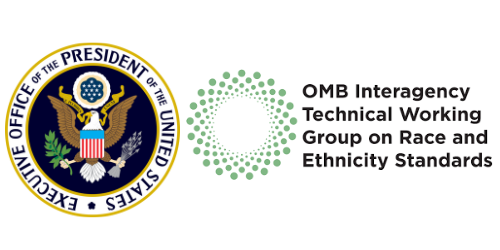
Dr. Karin Orvis, Chief Statistician of the United States, announced the release of the initial proposals one day prior to their official Federal Register publication on Friday. “We are on track to reach the goal of completing these important revisions by the Summer of 2024,” she stated in the announcement.
The initial proposals include:
- Collecting race and ethnicity together with a single question;
- Adding a response category for Middle Eastern and North African, separate and distinct from the “White” category;
- Requiring the collection of detailed race and ethnicity categories by default;
- Updating SPD 15’s terminology, definitions, and question wording; and
- Assisting agencies by placing guidance online in a central location regarding multiple aspects of implementation that includes information about dates, statistical methods, procedures, approaches for collecting race and ethnicity information when self-identification is not possible, and approaches for reporting data for respondents who select more than one race or ethnicity.
Moreover, OMB is seeking public input on any additional topics and future research to improve the accuracy and usefulness of federal race and ethnicity data. See pages 5383-5384 of the Notice for more details.
“It’s important to remember that the recommendations are preliminary—not final—and they do not represent the positions of OMB or the agencies participating in the Working Group,” Dr. Orvis emphasized.
Comments from the public are due by April 12, 2023, and may be submitted here. Submitters may provide as little or as much feedback as they like (e.g., just addressing one question posed or responding to all aspects), and the Working Group welcomes comments on any aspect of SPD 15 even if the topic wasn’t explicitly included in the Federal Register Notice. Comments will be shared with the Working Group and will help the Working Group develop their final recommendations to OMB and will also help OMB determine how to revise SPD 15 to improve the quality and usefulness of federal race and ethnicity data.
Working Group’s New Website Includes Webpages Covering Each Aspect of Initial Proposals
A new public website for the Working Group contains a page with links to separate web pages where the public can view each aspect of the initial proposals as well as the Federal Register notice. The website also contains background information on SPD 15 and FAQs.
How We Got Here
On June 15, 2022, Dr. Orvis first announced plans to update SPD 15. Our story here discussed the details of that announcement. We noted then that federal Government contractors will want to take special notice of any new burdens OMB may seek to propose for either data collection or data reporting.
At the end of August 2022, we reported that OMB announced the availability of virtual, bi-monthly, public listening sessions regarding its plans to update SPD 15. OMB scheduled the first listening session for Thursday, September 15, 2022. Those wanting to schedule a listening session should send a brief email expressing interest to Statistical_Directives@omb.eop.gov. Additional details on the virtual town halls will be shared on the Working Group’s website.
Thursday, January 26, 2023: U.S. OSHA Adopted “Instance-by-Instance” Citations
Stacking “IBI” Penalties Designed to Deter Violations

OSHA unabashedly expressed its hope that its strategy to issue a separate violation and obtain a separate penalty for each instance of noncompliance as it repeats itself day by day until corrected will result in large aggregate penalties. Senior OSHA officials believe that the much larger expected financial penalties will improve the efficiency and effectiveness of the agency and help it conserve its limited resources by detering a greater number violators and expedite employer self-help corrections in the workplace.
When May OSHA Now Go IBI?
OSHA Regional Administrators and Area Office Directors may now issue IBI citations where the agency identifies “high-gravity” serious violations of OSHA standards specific to certain conditions where the language of the rule supports a citation for each instance of non-compliance. “High-gravity” serious violations include falls, trenching, machine guarding, respiratory protection, permit required confined spaces, lockout tagout, and other-than-serious violations of OSHA standards specific to recordkeeping. These officials have the discretion to apply IBI penalty adjustments in appropriate cases to achieve a deterrent effect.
The current policy has been in place since 1990 and allows the imposition of IBI penalties only as to egregious willful citations. Existing guidance on IBI citations is outlined in the OSHA Field Operations Manual, and CPL 02-00-080, “Handling of Cases to be Proposed for Violation-by-Violation Penalties.”
The new guidance covers enforcement activity in agriculture, maritime, construction and general industries, and takes effect 60 days from January 26, 2023 (i.e. Monday, March 27, 2023).
Related Memo Reminded Officials They May Cite Violations Separately, Rather Than Grouping
“Proposed OSHA enforcement activity may lose its deterrent effect when citations are grouped,” OSHA leadership explained in a related memo to Regional Administrators issued the same day to “reiterate existing policy.”
“Regional Administrators and Area Directors may therefore exercise discretion where the evidence allows violations to be cited separately without grouping, when appropriate to achieve an adequate deterrent effect,” the memo continued. “This enforcement approach not only enhances deterrence, but also more accurately captures an employer’s overall lack of compliance,” the memo pointed out.
OSHA Head Noted Enforcement Strategy Targeted On Worst Offenders
“Smart, impactful enforcement means using all the tools available to us when an employer ‘doesn’t get it’ and will respond to only additional deterrence in the form of increased citations and penalties,” Assistant Secretary for Occupational Safety and Health Doug Parker said in the announcement. “This is intended to be a targeted strategy for those employers who repeatedly choose to put profits before their employees’ safety, health and wellbeing. Employers who callously view injured or sickened workers simply as a cost of doing business will face more serious consequences.”
In Brief
Friday, January 20, 2023: EEOC Quietly Announced EEO-1 Reporting Tentatively Set to Open Mid-July 2023

“1/20/2023 – 2022 EEO-1 Component 1 Data Collection Notice:
The 2022 EEO-1 Component 1 Data Collection is tentatively scheduled to open in mid-July 2023. Updates regarding the 2022 EEO-1 Component 1 Data Collection, including the opening date, will be posted to www.eeocdata.org/eeo1 as they become available.”
Monday, January 23, 2023: President Biden Formally Re-Nominated Jessica Looman to head USDOL’s Wage and Hour Division

Although the President had previously sent all three of these nominations to the Senate in the just concluded 117th Congress, none of them were confirmed by the time that two-year Congressional session adjourned on December 22, 2022. Therefore, President Biden, sticking with all three of his earlier choices, was required to re-nominate them to the Senate in the 118th Congress, nominate new candidates or decide to leave the positions unfilled.
However, with 48 Democrat and 3 Independent Senators (who caucus with the Democrats) vs only 49 Republicans in the U.S. Senate, and with Presidential Nominations in need of only 50 votes to pass (given that Vice President Kamala Harris could cast the “tie-breaker vote” as President of the Senate), the President believes he now has more opportunity to force his nominees through to confirmaton on the Senate floor. This is because the President may now lose the support of one Democrat Senator and still prevail on the resulting 50-50 tie-breaker vote. In the 117th Congress, one Democrat Senator could stop the confirmation of a Biden nominee absent the President persuading a Republican Senator to “cross-over” and vote for the President’s nominee to replace the vote of the defecting Democrat Senator.
Tuesday, January 24, 2023: U.S. EEOC Updated Technical Assistance Document on Hearing Disabilities

Looking Ahead:
Upcoming Date Reminders
Thursday, February 2, 2023: Deadline to submit initial comments on NLRB’s proposed changes to NLRA regulations (previous January 3 deadline extended) – https://www.regulations.gov/commenton/NLRB-2022-0002-0001
Thursday, February 9, 2023: Comments due on EEOC’s Draft Strategic Enforcement Plan – https://www.regulations.gov/commenton/EEOC-2022-0006-0001
Thursday, February 16, 2023: Deadline to submit reply comments in response to initial comments on NLRB’s proposed changes to NLRA regulations (previous January 17 deadline extended) – https://www.regulations.gov/commenton/NLRB-2022-0002-0001
Tuesday, February 21, 2023: Comments due on WHD’s proposed information collection regarding the Inflation Reduction Act Wage Rates and Wage Determinations – Email: WHDPRAComments@dol.gov (identify OMB Control Number 1235-0034)
Tuesday, March 14, 2023: Deadline to submit comments on nine federal agencies’ joint proposed rule on Partnerships with Faith-Based and Neighborhood Organizations – https://www.regulations.gov/commenton/VA-2023-VACO-0006-0001
Monday, March 20, 2023: Comments due on OFCCP’s proposed modifications to its complaint intake process – https://www.regulations.gov/commenton/OFCCP-2022-0005-0001
Monday, March 20, 2023: Deadline to submit comments on FTC proposal to ban employers from implementing most worker non-compete agreements – https://www.regulations.gov/commenton/FTC-2023-0007-0001
Wednesday, April 12, 2023: Comments due on the Office of Management & Budget’s “Initial Proposals for Updating Race and Ethnicity Statistical Standards” – https://www.regulations.gov/commenton/OMB-2023-0001-0001
Wednesday, April 12 – Friday, April 14, 2023: DEAMcon23 Chicago (Registrations open now; Agenda now available here!)
THIS COLUMN IS MEANT TO ASSIST IN A GENERAL UNDERSTANDING OF THE CURRENT LAW AND PRACTICE RELATING TO OFCCP. IT IS NOT TO BE REGARDED AS LEGAL ADVICE. COMPANIES OR INDIVIDUALS WITH PARTICULAR QUESTIONS SHOULD SEEK ADVICE OF COUNSEL.
SUBSCRIBE.
Compliance Alerts
Compliance Tips
Week In Review (WIR)
Subscribe to receive alerts, news and updates on all things related to OFCCP compliance as it applies to federal contractors.
OFCCP Compliance Text Alerts
Get OFCCP compliance alerts on your cell phone. Text the word compliance to 55678 and confirm your subscription. Provider message and data rates may apply.

